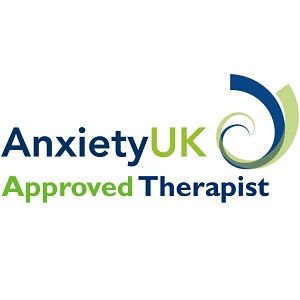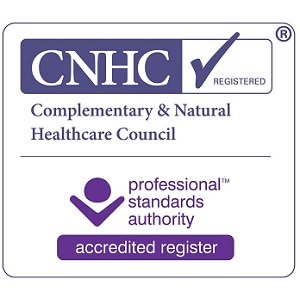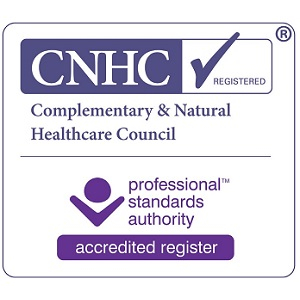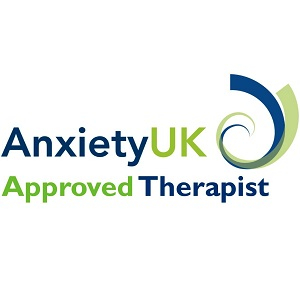Leahy, Mark D.
BSc (Hons) Psych, PgDip, MSc (Distinc) Clin Hyp, MBPsS, DBSCH
Qualifications
❇️ BSc (Hons) Psych – Open University
❇️ MSc (Distinc) Clin Hyp – University of West London
❇️ PgCert (Distinc) Clin Hyp – London College of Clinical Hypnosis/University of West London
❇️ PgDip (Distinc) Clin Hyp – London College of Clinical Hypnosis/University of West London
Hours
Appointments by prior arrangement
❇️ Morning: Monday, Tuesday, Wednesday, Thursday, Friday, Saturday
❇️ Afternoon: Monday, Tuesday, Wednesday, Thursday, Friday, Saturday
❇️ Evening: Monday, Tuesday, Wednesday, Thursday, Friday
About
I use hypnosis to help people from all walks of life, professional backgrounds and ages, quickly and successfully overcome issues like weight and anxiety disorders, stress, low self-esteem, phobias and anger, as well as performance issues relating to sport and business.
My approach is straightforward: whilst respecting and using traditional methods, I also tailor the best of a variety of very modern techniques to suit clients’ individual needs and help them to take full control of their thoughts, feelings and behaviours so that they can finally live the happy and fulfilling life they deserve.
I have a particular interest and experience in treating a range of anxiety disorders and take an eclectic and pluralistic approach to treatment, combining traditional hypnotherapy techniques with modern, third wave psychotherapy techniques such as EMDR (Eye movement desensitisation and reprocessing), REBT (Rational emotive behaviour therapy) and ACT (Acceptance and commitment therapy).
Having achieved a First-class Honours degree – BSc (Hons) – in Psychology I went on to study Hypnosis and Hypnotherapy at The London College of Clinical Hypnosis, achieving a Master of Science (MSc) degree (Distinction) in Clinical Hypnotherapy, awarded by the University of West London. I also hold a Post-graduate Certificate in Clinical Hypnotherapy and a Post-graduate Diploma in Clinical Hypnotherapy – both with Distinction, and also awarded by the University of West London.
I am a Graduate Member of the British Psychological Society (BPS) and a Diplomate of the British Society of Clinical Hypnosis (BSCH) where I am registered as a Clinical Hypnotherapist. I am also a Senior Associate of the Royal Society of Medicine.
I am also registered with the Complementary and Natural Healthcare Council (CNHC). CNHC’s register is approved as an Accredited Register by the Professional Standards Authority for Health and Social Care (PSA). General Medical Council guidance to doctors confirms that they can refer patients to practitioners on Accredited Registers.












